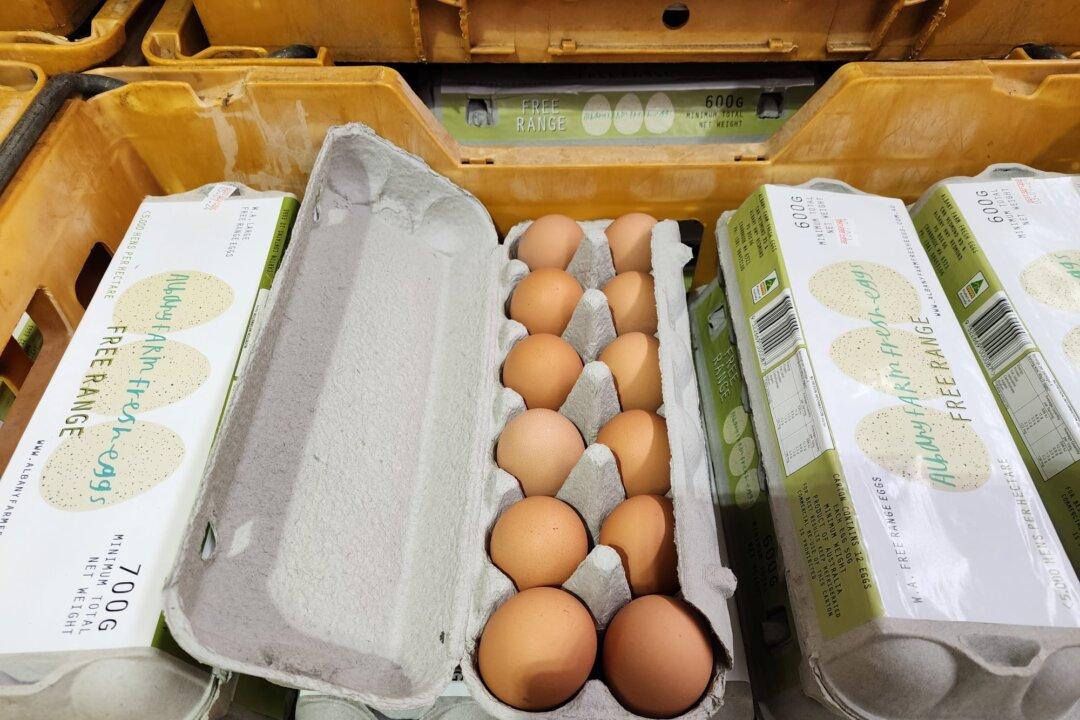Agriculture Minister Murray Watt has rushed to reassure the public that the government has control of the bird flu situation.
Mr. Watt noted that of the 21 million egg-laying hens in the country, 1 million of those have, or are in the process of being euthanised—about 4 percent of the overall flock.





